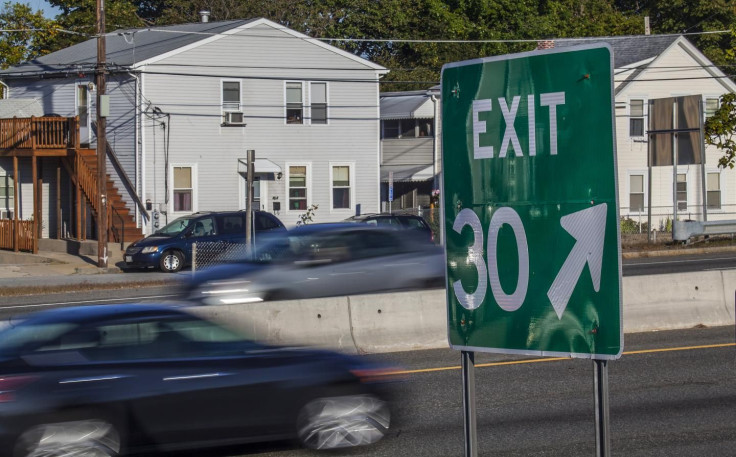Hypertension Risk Increases As People Move Closer To Major Roadways

Risk factors for high blood pressure can be both genetic and environmental, such as family history, gender, age, lack of physical activity, poor diet, and alcohol consumption. A recent study published in the Journal of the American Heart Association has revealed that women who live close to a highway or major arterial road are over 20 percent more likely to develop hypertension compared to those who live farther away.
"The public health message is that we need to take into consideration the health of the population when planning neighborhoods, when planning transportation systems, and when deciding where new highways are going to go, and how we might be able to mitigate traffic or its effects," Gregory Wellenius, assistant professor of epidemiology in the Brown University School of Public Health, said in a statement.
Wellenius and his colleagues gathered their data using a National Heart Lung and Blood Institute study that enrolled thousands of women in the mid-90s, including over 5,600 San Diego County residents, who had their blood pressure measured at baseline. Mapping software was used to determine the distance between each female participant’s home and a major roadway. The research team also took into account each woman’s exposure to so-called “food deserts” where there are very few healthy food options, but an abundance of unhealthy fast-food restaurants.
After grouping women into four categories based on how close they lived to a highway — less than or exactly 100 meters, between 100 and 200 meters, 200 to 1,000 meters, and over 1,000 meters — researchers controled for age, ethnicity, smoking status, education, household income, cholesterol, body-mass index, history of diabetes, physical activity, and local food quality. Women who lived within 100 meters of a major roadway were 22 percent more likely to suffer from hypertension compared to women who lived at least 1,000 meters away from a major roadway.
"I think in the United States this study does tip the scale in favor of being concerned about the urban environment and how we develop our cities and our transportation systems," Wellenius added. "There are a lot of new developments going up right near highways. One has to start thinking about what are the associated health effects with that."
According to the American Heart Association, around 78 million people in the United States have been diagnosed with high blood pressure. Hypertension is considered a major underlying risk factor in the development of cardiovascular disease, which may explain similar studies that have associated close proximity to a highway with the risk of a heart attack or stroke. Although the research team was unable to discover what exactly caused this link between major roadways and hypertension, they speculate it may have to do with a combination of airborne pollutants and noise.
Source: Yi Wang, Eaton C, Wellenius G, et al. Journal of the American Heart Association. 2014.
Published by Medicaldaily.com



























